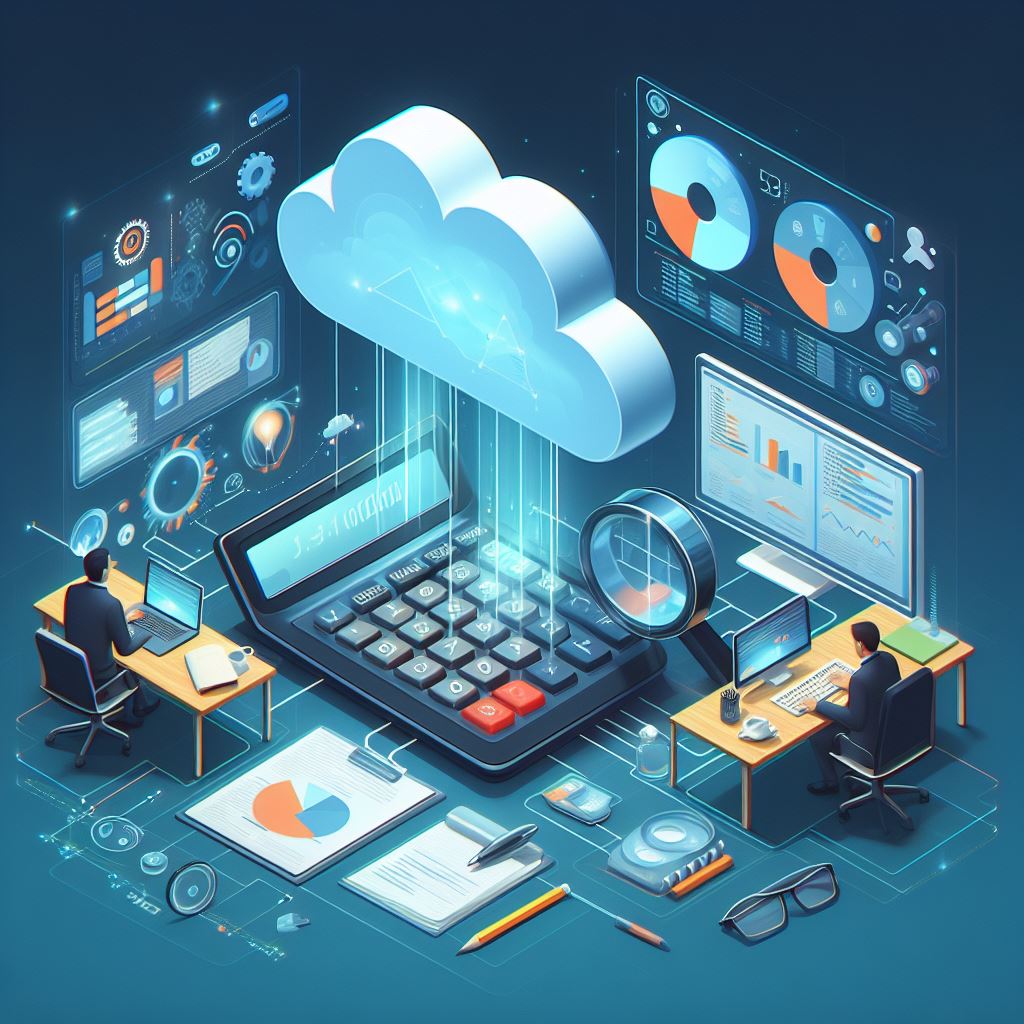The Importance of Integrating Accounting Software with Other Systems
In today’s fast-paced business environment, leveraging technology for efficient management is more critical than ever. One area that requires careful consideration is accounting, where precision and accuracy are paramount. Accounting software is a crucial tool for businesses, but its full potential is only realized when integrated with other systems, such as Enterprise Resource Planning (ERP), Customer Relationship Management (CRM), inventory management, and human resources. Integrating accounting software with other systems offers numerous advantages, from streamlined operations to real-time financial insights, making it an essential aspect of modern financial management.
Improved Data Accuracy and Consistency
Streamlined Financial Processes
Enhanced Real Time Financial Insights
Better Compliance and Reporting
Increased Operational Efficiency
Cost Savings and Scalability
Improved Decision Making Capabilities
Future Trends in Accounting Software Integration
Improved Data Accuracy and Consistency
Integrating accounting software with other business systems eliminates the need for manual data entry across multiple platforms. This not only reduces the risk of errors but also ensures that financial data remains consistent across departments. When data is automatically synchronized between systems, discrepancies are minimized, and the integrity of financial information is maintained. This level of accuracy is crucial for businesses that rely on precise financial data for decision-making and reporting purposes
Streamlined Financial Processes
When accounting software is integrated with ERP and CRM systems, financial processes such as invoicing, payroll, and financial reporting are streamlined. Automated workflows can be established, reducing the time spent on repetitive tasks and allowing finance teams to focus on more strategic activities. For instance, sales data from a CRM system can automatically update accounts receivable, speeding up the invoicing process and enhancing cash flow management
Enhanced Real Time Financial Insights
The integration of accounting software with other systems provides businesses with real-time financial insights. Real-time data enables finance teams to monitor key performance indicators (KPIs) closely, identify trends, and respond swiftly to changes in the business environment. This is especially important for businesses operating in dynamic industries where rapid decision-making is crucial for maintaining a competitive edge
Better Compliance and Reporting
Integrated systems simplify the process of compliance with regulatory standards and facilitate accurate reporting. By centralizing financial data, businesses can generate comprehensive reports that comply with local and international accounting standards. Automated data synchronization also reduces the likelihood of errors in financial statements, ensuring that businesses remain compliant and avoid potential penalties
Increased Operational Efficiency
Integrating accounting software with other systems helps in creating a more efficient workflow across departments. For example, when inventory management systems are integrated with accounting software, inventory levels, and costs are automatically updated in the financial records. This enables better inventory management and reduces the risk of stockouts or overstocking, which can significantly impact a company’s financial health
Cost Savings and Scalability
One of the most significant benefits of integrating accounting software with other business systems is cost savings. Automation reduces the need for manual processes and allows for more efficient use of resources. Additionally, integrated systems are more scalable, enabling businesses to add new modules or functionalities as they grow without significant additional costs. This flexibility is essential for businesses looking to expand and adapt to changing market conditions
Improved Decision Making Capabilities
Integrated systems provide a holistic view of a company’s financial health by combining data from various sources. This comprehensive view allows management to make more informed decisions based on accurate and up-to-date information. Whether it’s deciding on a new investment, launching a product, or entering a new market, having access to real-time financial data can significantly influence strategic decisions
Future Trends in Accounting Software Integration
As technology continues to evolve, the future of accounting software integration looks promising. Artificial Intelligence (AI) and Machine Learning (ML) are expected to play a significant role in automating more complex financial tasks, such as predictive analysis and fraud detection. Additionally, the adoption of cloud-based solutions will further enhance the accessibility and flexibility of integrated systems, making them indispensable tools for modern businesses
Conclusion
Integrating accounting software with other business systems is not merely an option but a necessity for businesses aiming for efficiency, accuracy, and growth. The benefits of such integration extend beyond simple data synchronization; they touch on critical areas such as compliance, decision-making, cost savings, and real-time insights. As businesses continue to evolve in a digital world, the integration of accounting software with other systems will remain a cornerstone of effective financial management




